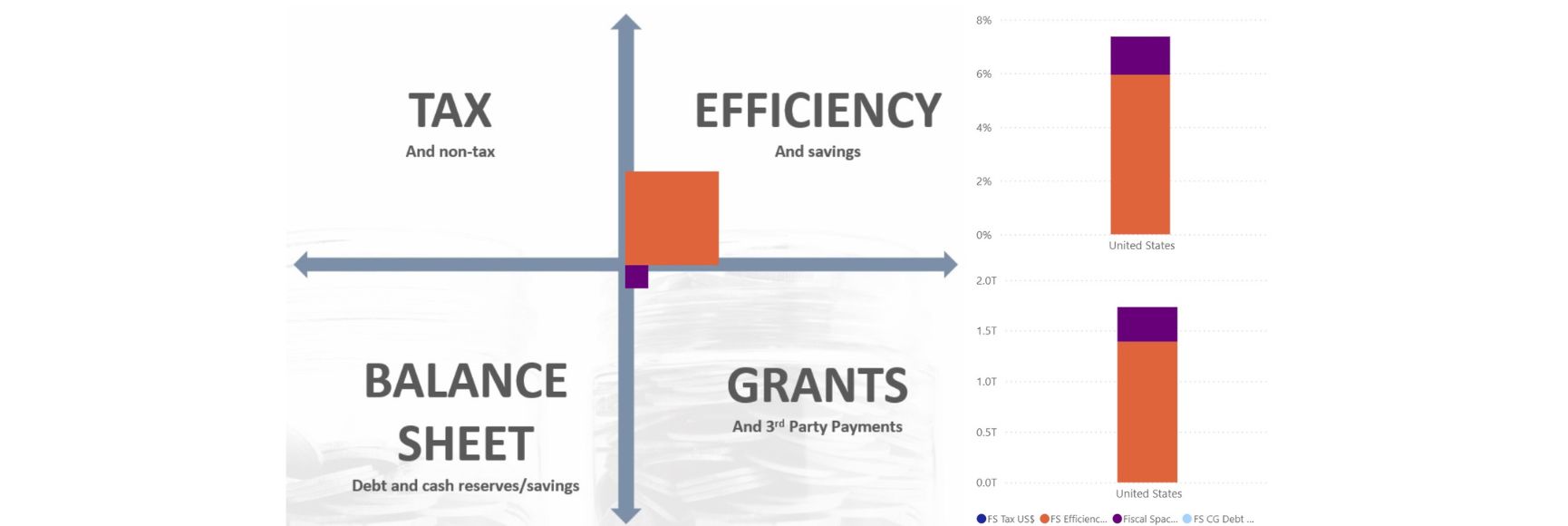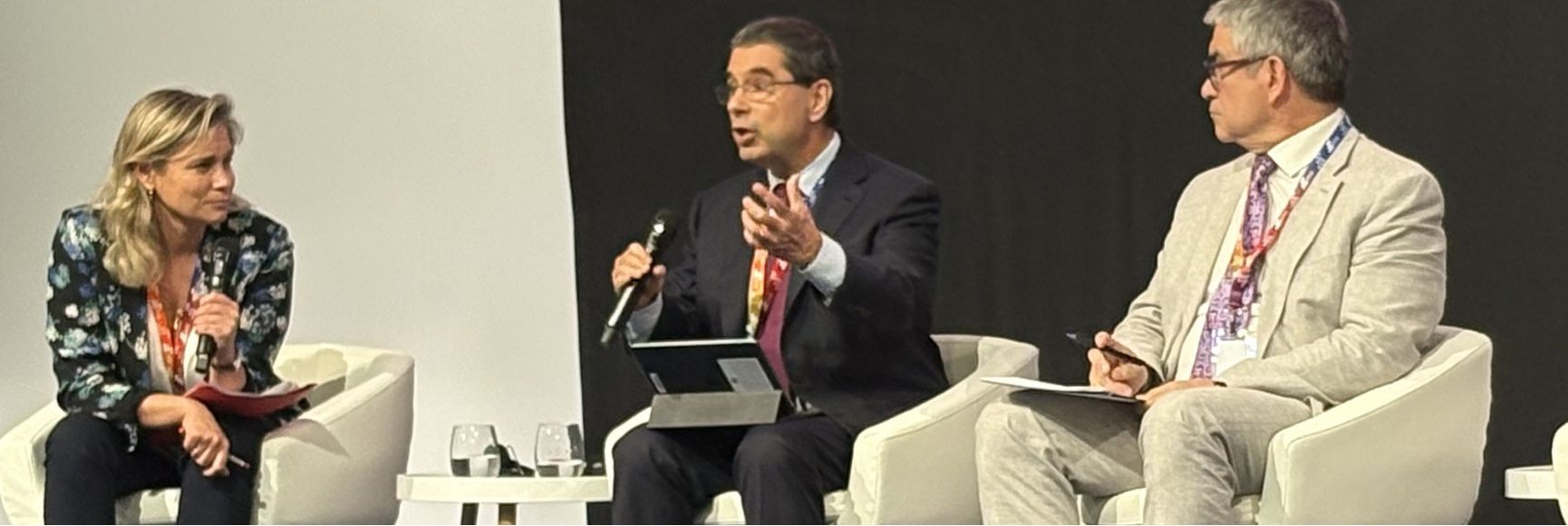Posted by Justin Tyson
 Italy continues to progress on budget process reforms, some of which were outlined in . The reforms are geared towards correcting some of the long-standing problems in the budget process, which has been characterized as fragmented, time-consuming, and legalistic, while lacking transparency and result-orientation. The bulk of budget spending is mandatory/incremental, and governed by a plethora of laws and administrative regulations.
Italy continues to progress on budget process reforms, some of which were outlined in . The reforms are geared towards correcting some of the long-standing problems in the budget process, which has been characterized as fragmented, time-consuming, and legalistic, while lacking transparency and result-orientation. The bulk of budget spending is mandatory/incremental, and governed by a plethora of laws and administrative regulations.
In 2008, a technical commission concluded a review of cost-effectiveness of public expenditure in five areas: justice, infrastructure, transport, internal affairs, and education. Since then, the budget process has been streamlined and its medium-term orientation strengthened by legislating a three-year adjustment program, advancing key budget decisions, making documentation more transparent and budget execution more flexible. A program classification was introduced with the 2008 budget and further refined for the 2009 budget; it now includes 34 high level missions and 168 programs, which facilitates consideration of the budget according to government objectives, although the budget is still voted along more disaggregated lines (700 as opposed to an earlier 1,500).
To achieve some of these changes, a series of adjustments to existing revenue and expenditure that authorize new budget proposals and are the main focus of parliamentary debate in the last months of the year, were passed by the legislature via a confidence vote in the summer, reducing both the length and depth of discussion. Plans to overhaul the 1978 budget law provide an opportunity to refine and institutionalize some of these recent changes. In addition, for next year’s medium-term plan, the realism of the baseline projections could be enhanced and fiscal targets could reflect agreements with subnational governments. The latest IMF Country Report argues that, over time, it is critical to reduce rigidities, rationalize the body of legislation that impinges on spending programs, and increase the flexibility in the management of civil servants. These measures would require a permanent spending review process for all ministries.
The authorities are already moving forward in many of these areas and a new unit (Servizi Studi) was established within the General Budget Directorate (Ragioneria Generale dello Stato) to coordinate "Spending Reviews" on an ongoing basis and promote other reforms of the budget process. The link below provides access to the Servizi Studi website, with copies of the 2007/08 Spending Review Report and an update on the reforms in the latest IMF Country Report.
Servizi Studi in the General Budgeting Directorate
http://www.rgs.tesoro.it/VERSIONE-I/Servizio-s/Studi-per-1/Lavori-del/index.asp
2008 Article IV Consultation:
http://www.imf.org/external/pubs/cat/longres.cfm?sk=22685.0





